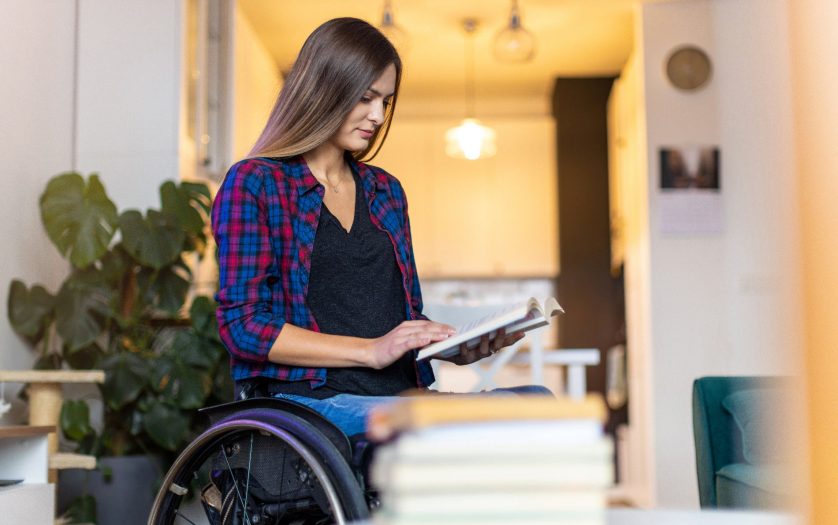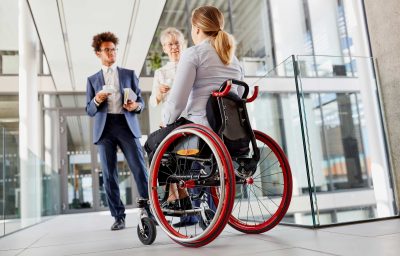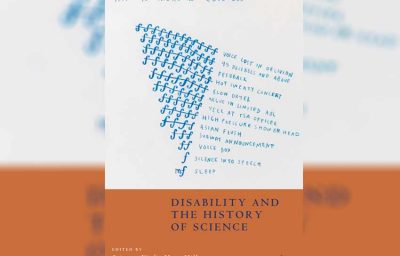
Medical students with co-occurring disabilities are more likely than their peers to experience burnout, a new Yale study finds. That risk increases if the student identifies as Asian or in a racial or ethnic group typically underrepresented in the medical fields. The findings, say the researchers, highlight the importance of reducing stigma and addressing the needs of students with disabilities.
Previous research has uncovered that Asian, Black, and Hispanic medical students and students with disabilities are at greater risk of experiencing burnout than white students or students without disabilities. But little is known about how race, ethnicity, and disability status intersect.
For the new study, researchers used data from the 2019 and 2020 Year 2 Questionnaire distributed by the Association of American Medical Colleges, which included self-reported information from 27,009 medical students in the United States. The survey assessed burnout using the Oldenburg Burnout Inventory for Medical Students, a 16-item scale that evaluates exhaustion and disengagement.
The researchers found that 12.6% of students who did not report a disability were at high risk for burnout, while that same risk was described as high for over 21% of students with one disability and 31.3% of students with multiple disabilities, whether they be physical or psychological, related to hearing, vision, or learning, or stem from a chronic illness.
“Students with a disability and students with multiple disabilities were 70% and 254%, respectively, more likely to report burnout than their peers,” said Mytien Nguyen, an M.D.-Ph.D. student at Yale School of Medicine and lead author of the study.
Additionally, students identifying as Asian or as a race or ethnicity underrepresented in medicine — a category that includes Black, Hispanic, Hawaiian Native, Alaskan Native, and Pacific Islander students — were at higher risk of burnout than their white peers with the same disability status.
“It’s interesting that when we look at the intersectionality, there’s a clear association with disability and burnout overall as well as a disparate impact on underrepresented students,” said senior author Dowin Boatright, vice chair of research in the Department of Emergency Medicine at New York University Grossman School of Medicine and formerly of Yale School of Medicine.
To address burnout, medical schools should provide adequate accommodations for students with disabilities, which has been shown to improve burnout, and make sure their institutional processes for obtaining accommodations are clear, said Nguyen. Further, the medical field needs to work to combat stigma around disability, which can prevent students from seeking accommodations they need.
This would not only benefit students, explained Nguyen, it would allow for a more diverse and accessible medical workforce, which is a benefit to patients as well.
“Particularly when treating patients with disabilities or chronic illnesses, physicians with disabilities display more empathy and provide more thorough treatment,” said Nguyen. “A more diverse workforce leads to better care.”








